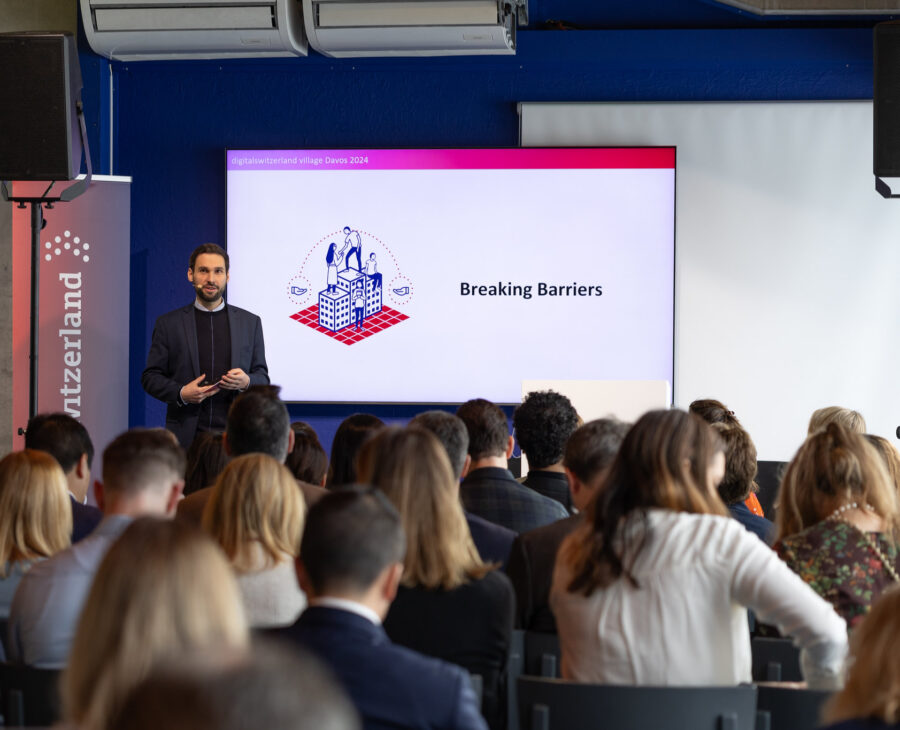Digital transformation continues to change the way we work. As processes go digital, what about the people responsible for them? One in three jobs is set to be taken over by software, robots and smart machines by 2025. And while the shift will save $5-6 trillion in global employment costs, it won’t necessarily mean a loss of jobs. In fact, we can expect completely new job profiles to emerge. This, in the words of WEF founder Klaus Schwab, means: “Talent, not capital, will be the key factor linking innovation, competitiveness and growth in the 21st century.”
The 2018 WEF Future of Work report puts the onus on businesses to take an active role in supporting their existing workforces through reskilling and upskilling. What’s more, they need to embrace this mindset now to prevent a situation where technological change plus talent shortage add up to mass unemployment and growing inequality.
How do Swiss companies fare? In 2015, 89% of Swiss companies supported continuing professional training, at least for some of their employees. But if they really want to drive change, companies in Switzerland need to do more to develop and implement robust solutions that close the growing skills gaps.
SMEs are the backbone of the Swiss economy and account for 99% of companies and around two-thirds of jobs in the country. Although small companies (10 to 49 employees) are often less active in the field of continuing training, they have made the biggest leap forward in recent years. Size is not a hurdle to lifelong learning if companies opt to offer training through external providers rather than in-house structures. In Switzerland, 74% of companies offer outside learning opportunities compared to 58% with their own programmes.
According to a recent study by Deloitte companies and individuals acknowledge that the traditional career model is becoming defunct. Of those surveyed in Switzerland, over half consider building new career models and skills very important. At the same time, around 57% have no programmes in place to build the skills of the future, and only 25% give employees active development opportunities.
The four drivers of change are increasing automation and digitalisation, the global war for talent, an ageing population and flexibilisation of work. The boom in digital platforms such as Uber has sparked massive change in the world of work, contributing greatly to what is now called the gig economy. The latter is often perceived as a fast-growing threat to employment stability and workers’ rights, as the economy functions on low-grade, low-paid jobs. As people increasingly turn to platforms or independent jobs based on project work, we must address the issue of responsibility. What are platforms or short-term business partners doing to ensure that workers are trained, upskilled and re-skilled. As many independent workers start in more formal company settings, this is the place to instil the urgency and need to keep learning, regardless of career or lifestyle choices.
Lifelong learning is part of a package that companies can use to attract and retain talent. The offer must be varied, include different subjects, technologies, methodologies, and provide value not only to the company but to the employee. At the same time, Swiss companies need to acknowledge the variety of transferrable, sometimes uncertified, skills that a diverse – human – workforce brings.






